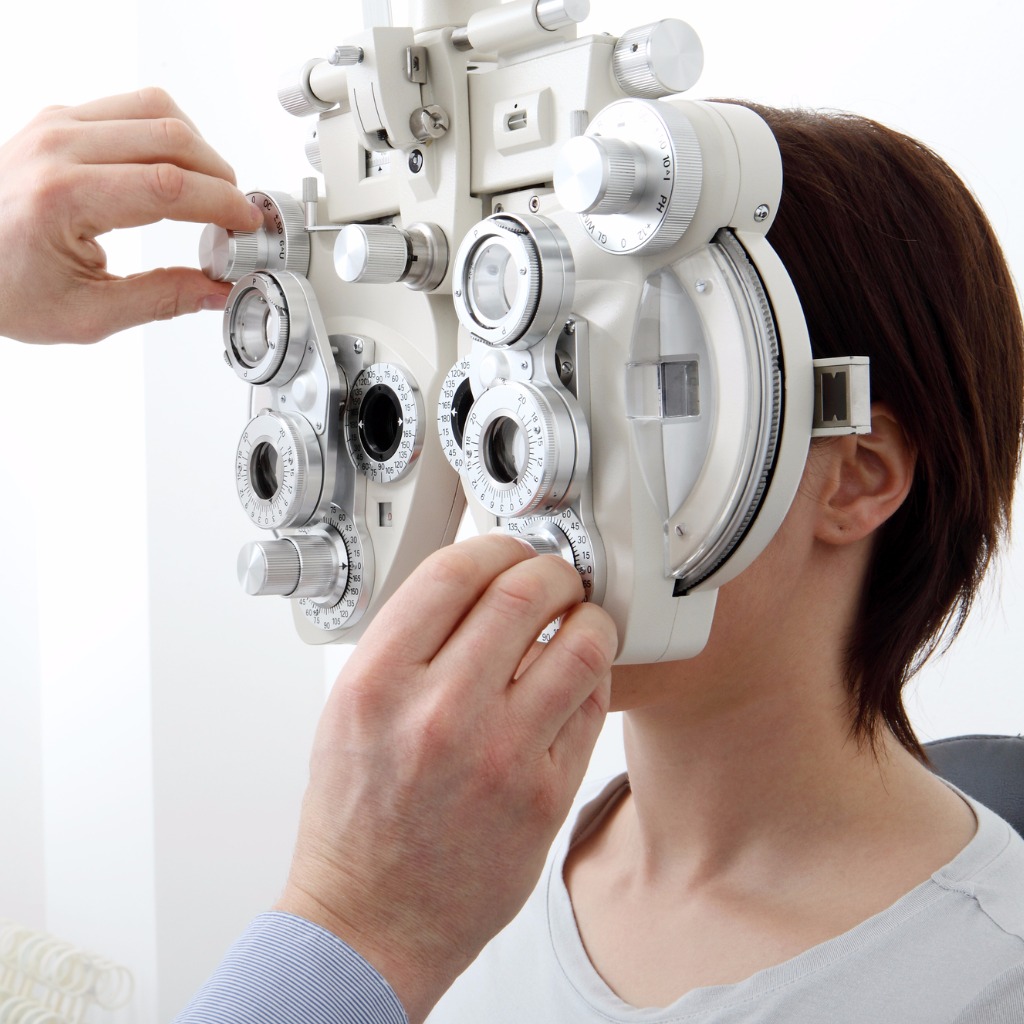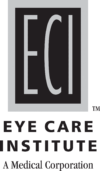
Though everyone is different, there are large-scale trends that can inform us of what to expect as we get older and hit certain benchmarks. When we start to get into our fifties and sixties, we may accept that we need glasses to read menus when we’re in dimly lit restaurants, for example. We may start to become more cautious as we drive at night as we get older too, partly because we understand the risks and partly because our vision is starting to change again.
Night Driving and Age
As we get older, we develop more difficulty seeing well at night. In fact, our pupils don’t expand as wide as they used to when we were younger, which means that we can’t see as well with the same amount of light. Now, we need MORE light to see the same as we used to.
Non-Glare Glasses
Some professionals suggest wearing anti-glare, yellow-tinted glasses to help you see better while driving at night. While we agree that an anti-glare upgrade is important for people who wear glasses more than just when their contracts are lost, yellow-tinted glasses may not need to go to the top of your shopping list. The idea behind a yellow tint is that it will help you see things in greater contrast in the dark, but we’re all different and what works for some people may not work for others.
Anti-glare coatings on your glasses are highly recommended, though. The anti-glare coating can be added to your lenses the next time you get an upgrade on your prescription. And they can help you see better by minimizing the light effects from street lights and headlights as you drive by.
Safety
Move your eyes constantly instead of focusing on one point in the road, check your mirrors, and stay alert to help you be a better night driver. Practice defensive driving and make sure your headlights are in great condition. Last, give your windshield a good clean. You may be surprised at the streaks on the inside of the car that impact your vision. If you’re still not feeling great about night driving, try to minimize the times you do need to drive at night.
If you want to learn more about eye health and safety while you’re driving, call us today at (707) 546-9800 to schedule a consultation.
